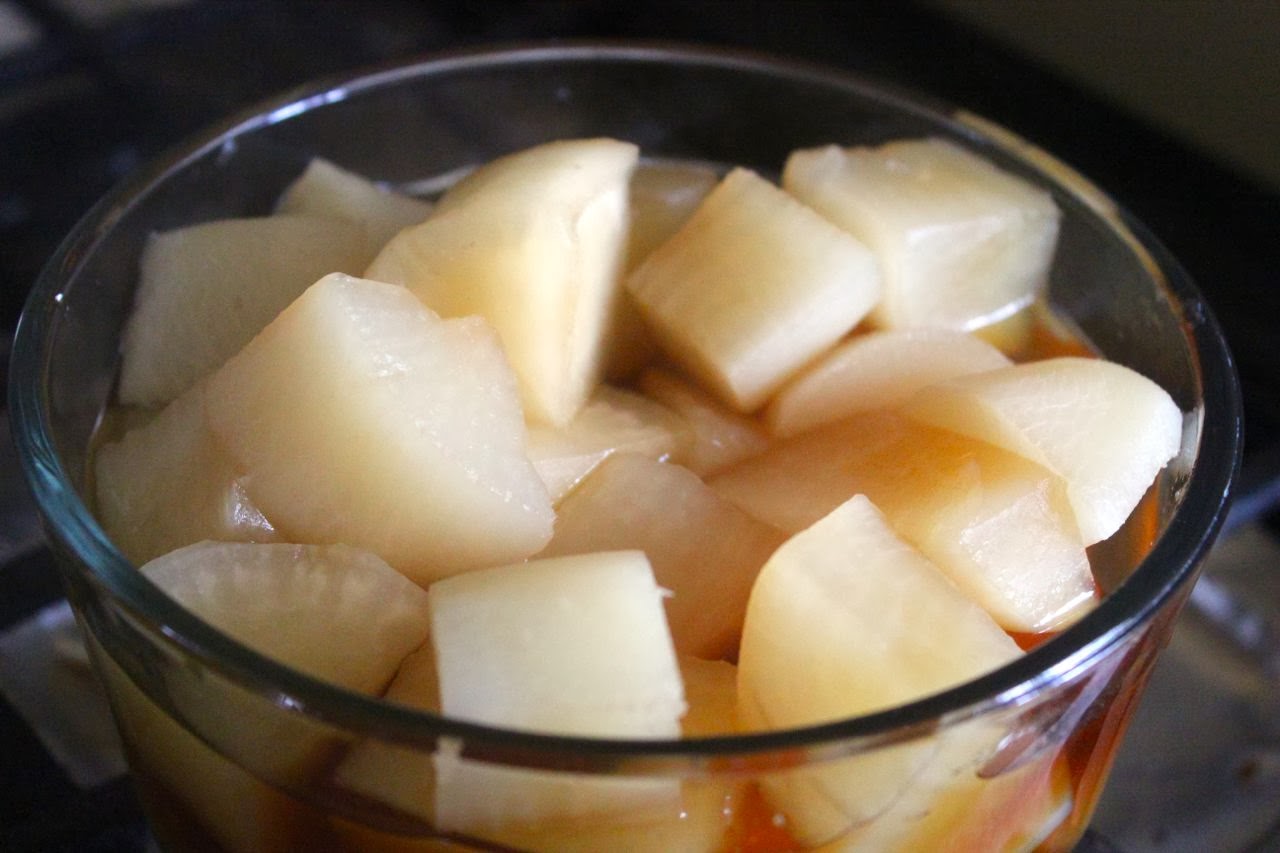The last blog entry of the year 2013 is going to be about the books I've read in the last half of this year. They are all written in Japanese, though.
The first series of books to introduce is "Ryoma ga yuku" written by one of the greatest writers of Japan,
Ryotaro Shiba. Although he is one of the greatest, I hand't known him until this year. I was introduced to him by one of his books called "Komyoga tsuji." He writes historical fiction so well with so much research and ground work.
After I was exposed to his first book, I wanted to read all of his work. My Japanese friend named Fusayo who lives on Maui told me that she has brought all 8 books of "Ryoma ga yuku" all the way from Japan. I was thrilled!
I could not put the book down as soon as I started to read. Good thing it was during the summer break; otherwise, I would not have been able to work. I think I was captured so deeply not only because the main character Ryoma Sakamoto (who actually lived) and I are from the same town (his house was very close to where I used to live) but also because of his way of living - his philosophy and actual work based on it. Moreover, I was fascinated with the people who lived at the end of
Bakumasu era.
Here are some of my favorite quotes of what Ryoma said (according to the author).
"Politics should be done for the sake of people's happiness."
"What is my most fit mission in my life?"
"Until the world wants me, I focus on honing my skills."
"I would not follow religions blindly. I think for myself."
"When you forget about whether you'd live or die and the result of your battle, and when everything becomes the emptiness, and by becoming one with the emptiness, you would reach the state."
"I want to live with the brightness that every baby has, without ego and any attachment."
"I want to make this world where every single soul can fulfill its life's mission."
(Japanese)
今年最後のブログは、2013年後半に読んだ本たちを紹介して、締め括らせて頂きます。
トップバッターは、今年一番はまった、司馬遼太郎さんの「竜馬がゆく」。
私、恥ずかしながらも今年に入るまで司馬遼太郎という作家を知りませんでした。
知ったきっかけは、彼の「功名が辻」を読んでから。
それから他の作品も読んでみたいと思っていたら、何と、マウイの友人ふさよちゃんが「竜馬がゆく」全巻をわざわざ日本から持ってきていると言うではありませんか!
即かして頂きました。
そして読み出したら、止まらない、止まらない。かしてもらったのが夏休みで良かったです。仕事が手にならないところでした。竜馬と同じ土佐出身ということも影響したかと思いますが(彼の生家のすぐ近くに住んでいたので)、彼の生き方に感銘したのだと思います。そして幕末の時代を生きた、日本を動かしていった志士たちの働きに。
ここに私の好きな(司馬さんの書かれた)竜馬のくだりを紹介。
「政治というのは人民の幸福のために行う」
「自分にふさわしい天命は何か?」
「世が自分を欲すまでは、技を磨くことに専念する。」
「盲目に宗教についていかない。自分で考える。」
「生死勝敗を忘れ、全てが空になり、おのれも空に融けきることが極到、境地。」
「我意我執がないものに、生まれたままでの明るさで。」
「人おのおのが、志を遂げられる世の中にしたいものだ。」
Here are "Komyo ga tsuji" - my first introduction to Ryotaro Shiba.
My friend Yuki who also lives on Maui gave me the first 3 books. (She was getting rid of them.) When she gave me, I had zero interest, but as soon as I opened the first couple of pages, I was captured.
This series was also about someone who was from my hometown. He was a lord named
Kazutoyo Yamauchi, who governed my hometown before Ryoma was born (the lord was not originally from there, though), so I was very interested to learn about my hometown's history. What really intrigued me was Kazutoyo's wife. She was a wise, sophisticated lady. She educated and guided her husband to become a great lord without making it look that way. She was the one who was moving the history from the backstage! but she did it so elegantly without hurting her husband's ego or pride. She was so cool! I wonder how many women like her existed in the history of mankind, while women could not go out to the front stage of society.
そしてここに私の司馬遼太郎さんへの第一歩を踏み出した、最初の本、「功名が辻」。
マウイの友人、ゆきさんが家の片付けをしていて処分するのでもらったのです。私はもらった当時は全く興味がなく、「まぁ読んでみるか」くらいの気持ちで最初の数ページを読んだら、もう捕まりましたね。
この作品も、竜馬のように土佐に生きた者のお話です。(竜馬が生まれる結構前のことですがね。)そう、土佐のお殿様
山内一豊のお話。(彼はもともとは土佐の生まれではありませんがね。)地元が舞台になっているので、竜馬と同じく興味がより増しました。この本で一番興味を持った人物は、山内一豊の妻ですね。内助の功で知られるほど頭脳明晰で洗練されており、自分の夫を上手に教育し助けていきます。しかも、彼の自尊心を傷つけないように。自分はとにかく目立たないように。あの頃の時代は女性がしゃしゃり出ていくことは出来ませんでしたからね。歴史を動かしていたのは、実は彼女のような女性たちだった!?あぁ、何て格好いいのでしょう。惚れ惚れしますねぇ〜。
But a problem arose, a big problem. The last book (the 4th one) wasn't there. I called my mom in Japan, and she immediately sent me the last book. As an avid reader, she'd read the books a long time ago. I cannot tell you how excited I was when I received it!!!
そんな矢先、問題が浮上しました!何と最後の4巻目がないのです。早速日本の母に頼んでみたところ、読書好きの母は既に読んだことがあったそうで、すぐに送ってくれました。本が届いたときの嬉しさと言ったら!!!
This is "Taikouki" by Ryotaro Shiba. It's a story about
Hideyoshi Toyotomi. Mr. Hideyoshi climbed up the ladder from the very bottom to the very top, and what amazing about him is that he created the ladder himself. There seems to be commonalities among people who have pioneered improved one's life against all the odds.
こちらは司馬遼太郎さんの書かれた太閤記。豊臣秀吉の話ですね。秀吉さん、人生のどん底からよくここまで大成しましたね。どの時代でも、どんな逆境に置かれようが自分の人生を切り開いていく人たちには懇々と流れている共通のものがあるように思います。
"Kokyo bouji gataku sourou" by Ryotaro Shiba
「故郷忘(ぼう)じがたく候」 司馬遼太郎
司馬遼太郎シリーズまだまだ続きます。
これは、私も故郷を離れているから読んでみたくなったもの。
歴史とは本当に面白いと思わせてくれましたた。
(日本から来られる方に持ってきてもらいました。)
"Saigo no Syogun" by Ryotaro Shiba
「最後の将軍」 司馬遼太郎
私は、中学生くらいの頃からずっと大政奉還に大変興味があり、また竜馬がゆくを読んだばかりということもあり、幕府側からみた歴史の変化を知りたかったので読みました。司馬遼太郎さんの書かれたものは緻密なリサーチの上で書かれたものなので、とっても信憑性があるものだけど、やっぱり本当のことは、本人にあって話してみないと分からないだろうなと、改めて思いました。あぁ、これらの歴史上の人物に会いに行きたい!!
(母に送ってもらった。)
"Nihonjin wo kangaeru" by Ryotaro Shiba
「日本人を考える」 司馬遼太郎
対談式。興味深い。
(日本から来られる方に持ってきてもらいました。)
"Boku no kotori chan" by Kaori Ekuni
「ぼくの小鳥ちゃん」 江國香織
かわいい。
(マウイの地元の図書館で見つけた。)
"Rika san" by Kaho Nashiki
"Nishi no majyo ga shinda" by Kaho Nashiki
「りかさん」 梨木香歩
「西の魔女が死んだ」 梨木香歩
初めて梨木さんの本詠みました。とてもよかったです。両方とも。
子どもでも読めるような。でも大人にも向いていて。
こんな大幅な年齢層に受け入れられる文学を生み出すってすごいわ。
(日本の友人、素子さんが送ってくれました。)
"Hashiru kotoni tsuite kataru tokini bokuno kataru koto" by Haruki Murakami
「走ることについて語るときに僕の語ること」 村上春樹
全然ランナーじゃないけど、走ってみようかな?と思っちゃいました。
結局走ってないですけどね。
(マウイの地元の図書館で見つけた。)
"Ringo no namida" by Machi Tawara
「りんごの涙」 俵万智
彼女の歩んだ道が、私の歩んでいる道と似ていて勇気づけられました。
(マウイの地元の図書館で見つけた。)
"Arigato, Sayonara" by Maiko Seo
「ありがとう、さようなら」 瀬尾まいこ
上の「りんごの涙」と同じく。自分に重ねて読みました。
(マウイの地元の図書館で見つけた。)
"Hiroshima, Nagasaki, Fukushima" by Randy Taguchi
「ヒロシマ、ナガサキ、フクシマ」 田口ランディ
カタカナになってしまった福島に繋がっていく歴史の紐解き。
(日本から調達)
"Hesiei Kanto Daishinsai" by Harutoshi Fukui
「平成関東大震災」 福井睲敏
東日本大震災前に既に出版されていた本
(マウイの地元の図書館で見つけた。)
"Jintai mokei no yoru" by Ramo Nakajima
「人体模型の夜」 中島らも
一人で夜読んじゃって後悔した本。でもそんなおどろおどろしいわけではない。
(マウイの地元の図書館で見つけた。)
"Otousan no Backdrop" by Ramo Nakajima
「お父さんのバックドロップ」 中島らも
笑わせてもらいました!
(マウイの地元の図書館で見つけた。)























































